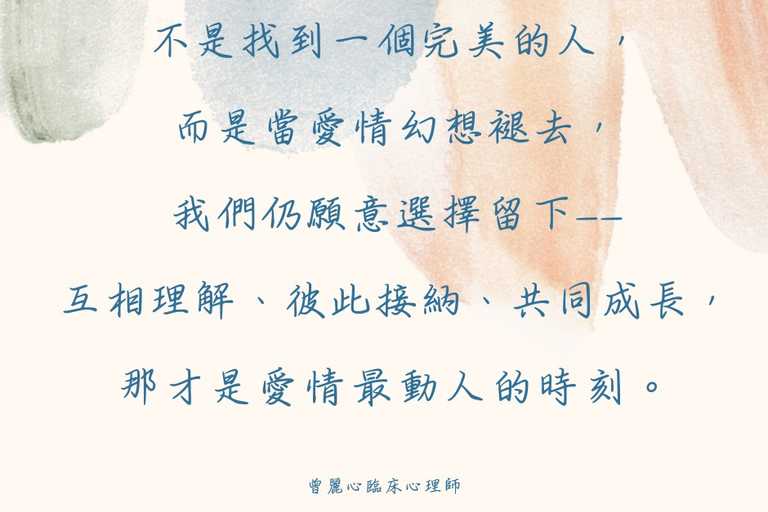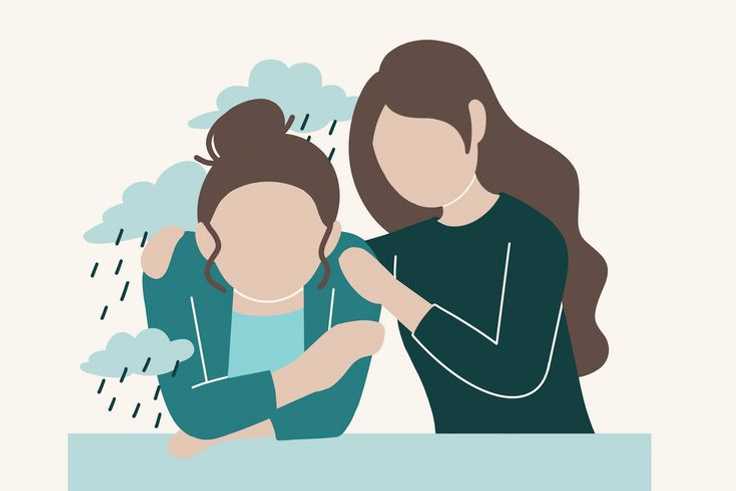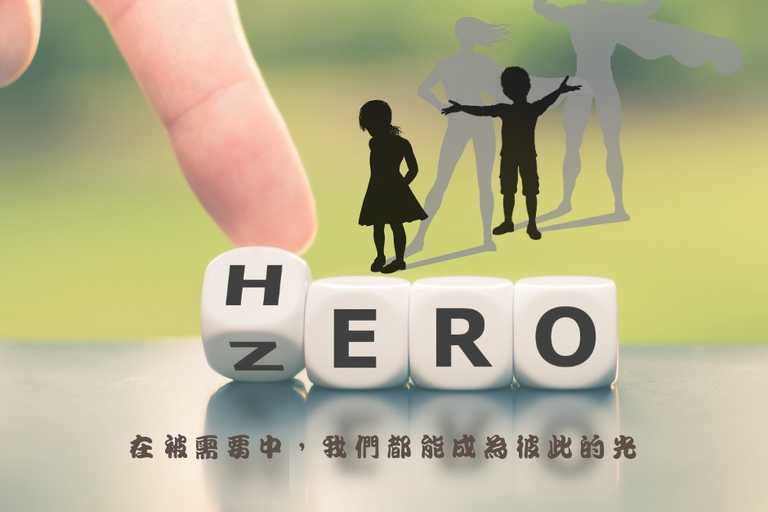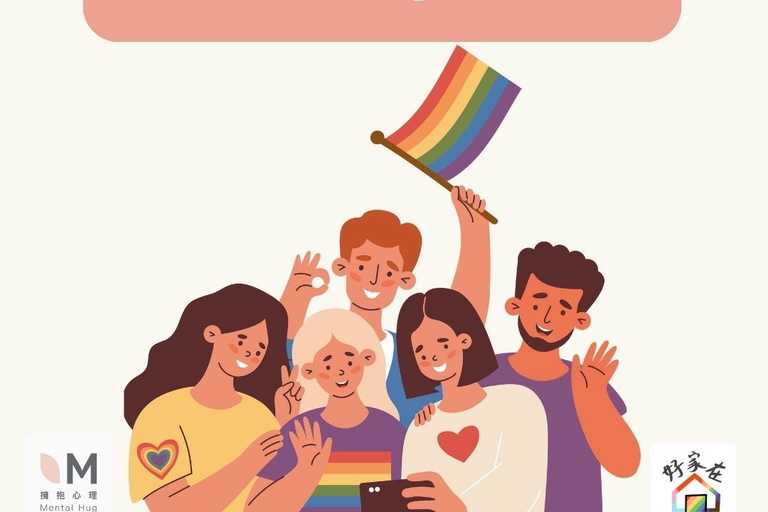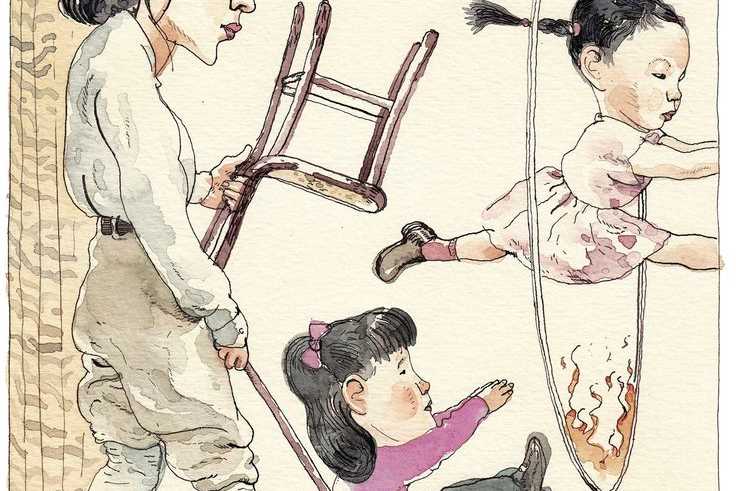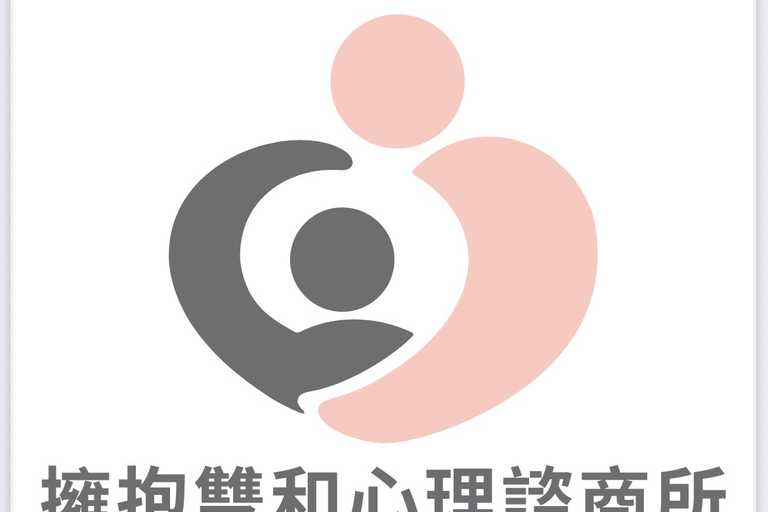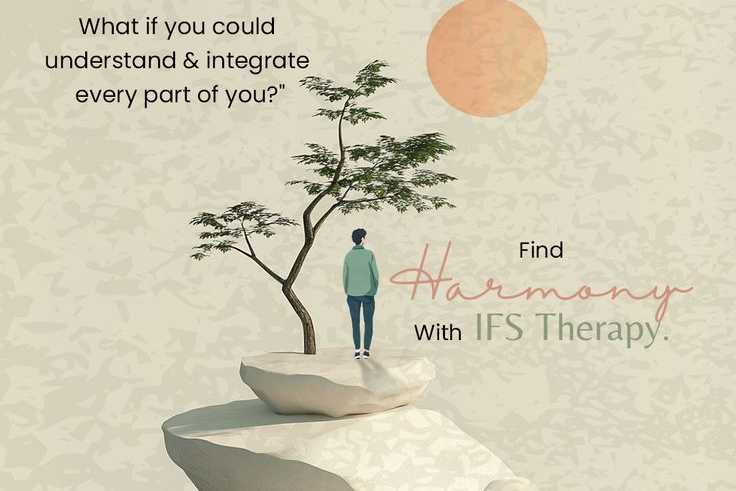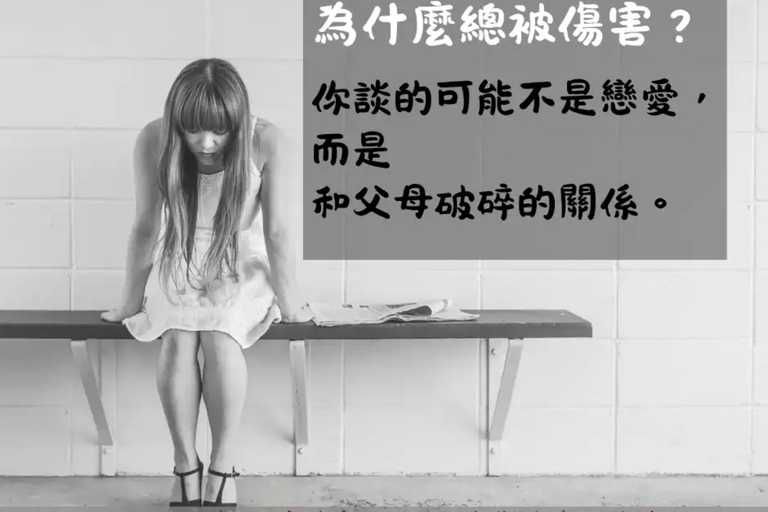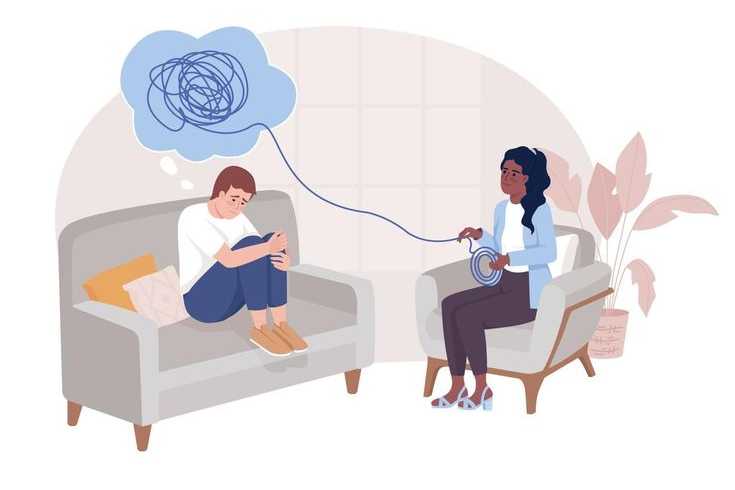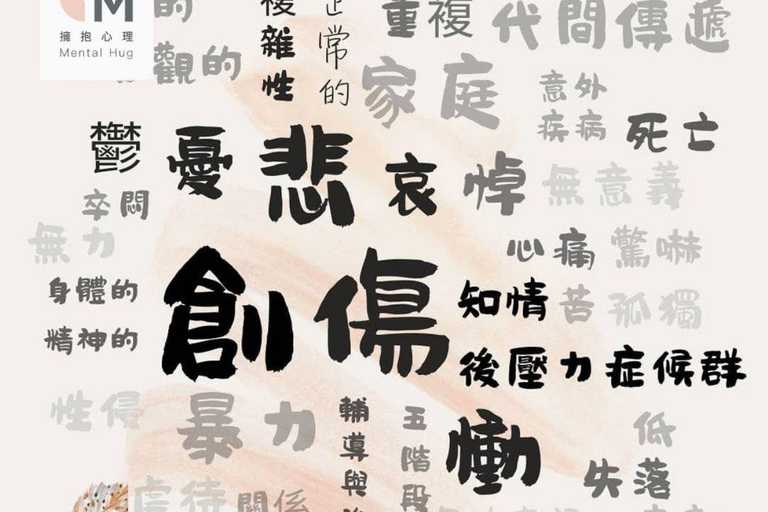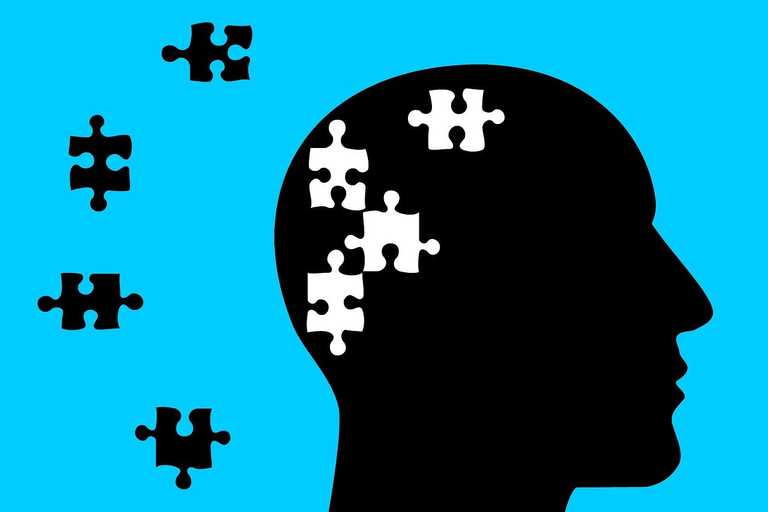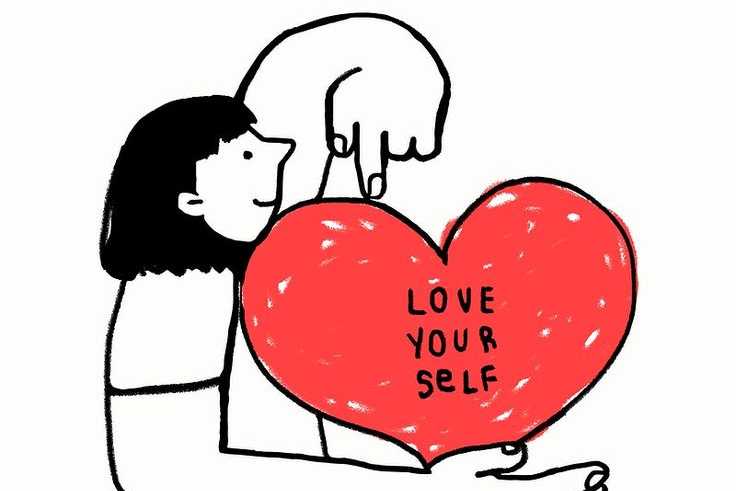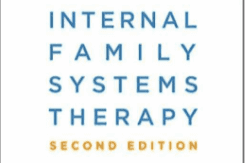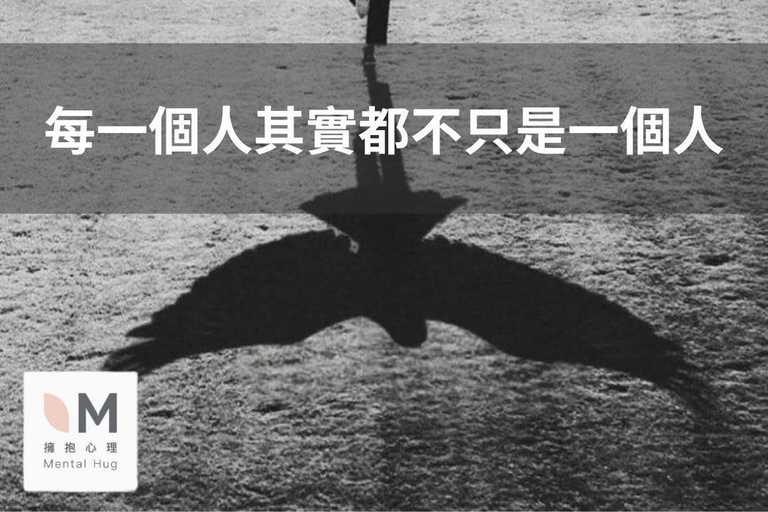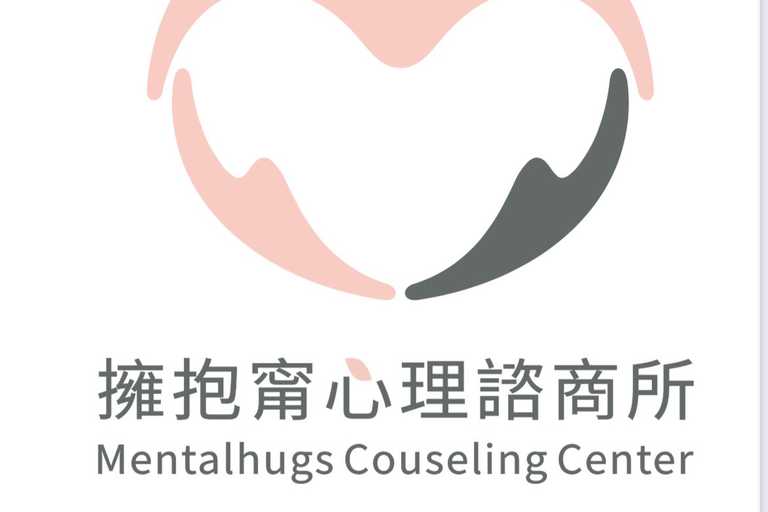Cross-Cultural Relationships: A Psychoeducational Guide for Taiwanese-Foreign Couples


徐維廷
2025-07-31發佈
# 婚姻諮商
# 伴侶諮商
Cross-cultural romantic relationships present unique psychological challenges that require specialized understanding and intervention strategies. Research consistently demonstrates that intercultural couples experience higher stress levels and require different coping mechanisms compared to monocultural partnerships
A Psychoeducational Guide for Taiwanese-Foreign Couples
Understanding the Psychological Landscape
Cross-cultural romantic relationships present unique psychological challenges that require specialized understanding and intervention strategies. Research consistently demonstrates that intercultural couples experience higher stress levels and require different coping mechanisms compared to monocultural partnerships (Killian, 2013; Seshadri & Knudson-Martin, 2013).
For Taiwanese individuals in relationships with foreign partners, several psychological factors contribute to relationship complexity. Cultural adjustment stress, identity negotiation processes, and bicultural competence development significantly impact relationship satisfaction and longevity (Berry, 2017).
Primary Psychological Challenges
Communication and Cognitive Processing Differences
Taiwanese communication patterns typically emphasize high-context communication, where meaning is derived from situational cues and indirect expression. This contrasts sharply with the low-context, direct communication styles common in Western cultures (Hall, 1976). These differences create cognitive dissonance when partners interpret interactions through their respective cultural lenses.
Family System Integration Challenges
Traditional Chinese family structures operate on collectivistic principles where family harmony and hierarchical respect take precedence over individual desires (Hofstede, 2001). Foreign partners from individualistic cultures may experience psychological distress when navigating these family dynamics, leading to adjustment disorders and relationship conflict.
Identity Development and Acculturation Stress
Individuals in cross-cultural relationships often experience acculturative stress as they negotiate between maintaining their cultural identity and adapting to their partner's cultural framework (Sam & Berry, 2010). This process can trigger anxiety, depression, and identity confusion if not properly addressed.
Evidence-Based Therapeutic Interventions
Multicultural Counseling Approaches
Research supports the effectiveness of culturally-adapted cognitive-behavioral therapy (CBT) for cross-cultural couples (Hays, 2016). This approach addresses cognitive distortions related to cultural assumptions while building behavioral skills for cross-cultural communication.
Acceptance and Commitment Therapy (ACT)
ACT principles help couples develop psychological flexibility when encountering cultural differences, promoting acceptance of cultural diversity within the relationship while committing to shared values (Hayes et al., 2012).
Practical Psychoeducational Strategies
For Taiwanese Partners:
1. Develop Cultural Self-Awareness: Engage in reflective exercises to identify your cultural assumptions and values. Keep a cultural awareness journal noting moments when cultural differences create emotional responses. 2. Practice Direct Communication Skills: Gradually incorporate more explicit communication when discussing needs and concerns with your foreign partner. Use "I" statements to express feelings without creating cultural shame. 3. Establish Boundary Setting with Family: Develop skills to communicate relationship decisions to extended family while maintaining respect. Practice explaining your partner's cultural background to family members with patience and cultural pride.
For Foreign Partners:
1.Learn Cultural Context Reading: Study Taiwanese social cues, including nonverbal communication patterns and indirect expression styles. Attend cultural orientation programs or language exchange groups. 2.Develop Patience with Family Integration: Understand that family involvement reflects care rather than intrusion. Gradually build relationships with extended family members through consistent, respectful interaction. 3.Cultural Adaptation Without Identity Loss: Maintain your cultural identity while showing appreciation for Taiwanese customs. Create opportunities to share your culture with your partner's family and social network.
For Both Partners:
1.Create Cultural Fusion Rituals: Develop new traditions that blend both cultures, such as celebrating holidays from both backgrounds or creating fusion cuisine experiences. 2.Establish Communication Protocols: Agree on specific strategies for addressing cultural misunderstandings, including time-outs for cultural processing and scheduled relationship check-ins. 3.Build Multicultural Competence: Actively learn about each other's cultures through books, documentaries, and cultural events. Attend multicultural couple support groups when available.
When to Seek Professional Help
Consider professional psychological intervention when experiencing:
- ● Persistent anxiety or depression related to cultural differences
- ● Recurring conflicts that seem culturally rooted
- ● Family rejection or integration difficulties causing significant distress
- ● Identity confusion or loss of cultural connection
- ● Communication breakdowns that self-help strategies cannot resolve
- Recommended Resources
- Professional Support:
- ● Seek counselors/psychologists with multicultural competency training
- ● Consider bilingual therapy options when available
- ● Explore couples therapy specifically designed for intercultural relationships
- Community Resources:
- ● International community centers in Taiwan
- ● Cross-cultural couple support groups
- ● Cultural exchange organizations
- ● Online multicultural relationship forums with professional moderation
- ● Gold Card Family in Taiwan (Facebook Group)
- ● Taiwan Gold Card Community
Conclusion
Cross-cultural relationships require intentional psychological work and cultural competence development. With proper psychoeducation, skill building, and professional support when needed, Taiwanese-foreign couples can transform cultural differences into relationship strengths while maintaining their individual cultural identities.
References:
- ● Berry, J. W. (2017). Theories and models of acculturation. The Oxford Handbook of Acculturation and Health, 15-28.
- ● Hall, E. T. (1976). Beyond Culture. Anchor Books.
- ● Hayes, S. C., Strosahl, K. D., & Wilson, K. G. (2012). Acceptance and commitment therapy: The process and practice of mindful change. Guilford Press.
- ● Hays, P. A. (2016). Addressing cultural complexities in practice: Assessment, diagnosis, and therapy. American Psychological Association.
- ● Hofstede, G. (2001). Culture's consequences: Comparing values, behaviors, institutions and organizations across nations. Sage Publications.
- ● Killian, K. D. (2013). Interracial couples, intimacy, and therapy: Crossing racial borders. Family Process, 52(1), 1-14.
- ● Sam, D. L., & Berry, J. W. (2010). Acculturation: When individuals and groups of different cultural backgrounds meet. Perspectives on Psychological Science, 5(4), 472-481.
- ● Seshadri, G., & Knudson-Martin, C. (2013). How couples manage interracial and intercultural differences: Implications for clinical practice. Journal of Marital and Family Therapy, 39(1), 43-58.
For professional consultation regarding cross-cultural relationship challenges, contact licensed counseling psychologists with multicultural competency training in your area.


































